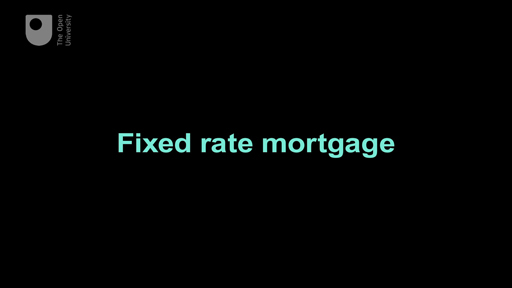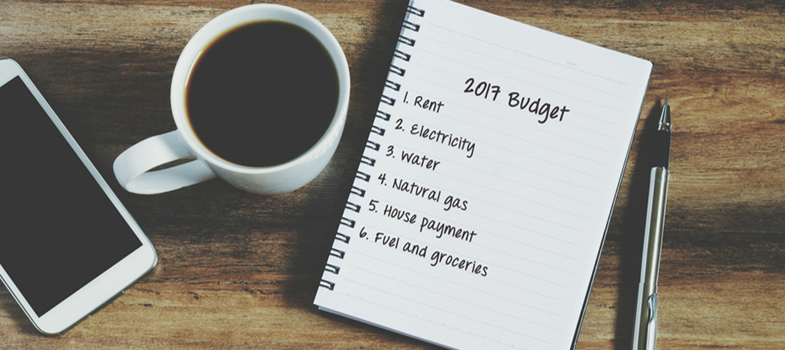Mortgages
Mortgages and other costs of buying a home
Buying a property, particularly your first property, usually involves taking out a mortgage – a loan secured against the home.
To guide you through what can seem like a maze of mortgages, here’s personal finance expert Jonquil to explain the six most common types: fixed rate mortgage, variable rate mortgage, capped rate mortgage, offset mortgage, flexible mortgage, shared ownership mortgage.

Transcript
As with all debt you should only borrow what you can afford to repay. Look at how much repayments would be now, and consider whether you could continue to repay it were interest rates to rise.
Getting a mortgage almost always requires a sizeable deposit as well. Bigger deposits tend to give better interest rates, and most banks won’t lend to you unless you have at least a 5% or 10% deposit.
In addition to the deposit there are several costs involved in buying a house. Sometimes these can be added onto the mortgage, though sometimes banks expect these to be covered by the deposit. To show you how these costs may add up, let’s suppose you’re buying a property for £200,000. What costs do you incur?
- Mortgage arrangement fee (common with fixed rate, capped and discounted mortgages): say, £500.
- Legal costs including local searches and Land Registry fee: £800.
- Survey and valuation: £350.
- Stamp Duty Land Tax: £2000. (In 2014/15 this was charged on an increasing scale: 0% on property purchases up to £125,000; 1% above £125,000; 3% above £250,000; and higher rates above that. The relevant rate applies to the total purchase price.) In Scotland the equivalent to SDLT is Land and Buildings Transaction Tax.
- Removal costs: say, £700.
GRAND TOTAL: £4350.
There may also be a fee to the mortgage broker if you’ve used one to help choose and organise the mortgage. But more often the broker is paid by commission from the mortgage provider and this is ultimately borne by the borrower through charges for the mortgage.
Buying a property is a big undertaking, for most people the most expensive thing they ever buy, and we cannot cover all the necessary details here. Estate agents or property lawyers may talk you through the process, but it may be worth getting professional advice before going ahead.
